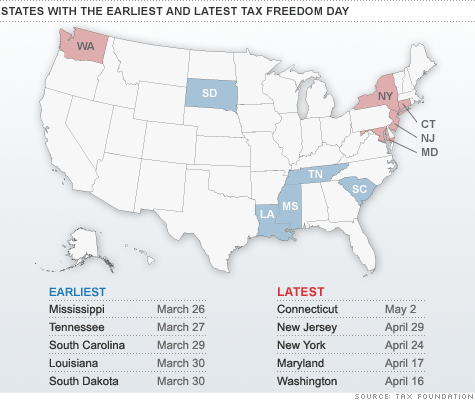I think it’d be fair to say that Terence Corcoran is not a fan of Stephen Harper’s proposed “family tax plan”:
By calling this a “family tax cut,” and playing it as a matter of tax fairness, the Conservatives have managed to gloss over the shabby contradictions it introduces into Canadian tax policy. The Tory announcement said that the United States, France and other countries allow some form of income splitting. They do, but that’s not saying much about taxation or fairness.
France has a full-blown family tax regime, in which the incomes of both spouses are blended at a tax rate that is based on a formula that includes the number of children. But so what? France has one of the highest marginal tax rates in the world, and a notoriously dysfunctional tax burden that distorts behaviour and incentives. The U.S. income-splitting regime isn’t exactly revered for its soundness, in part because it clearly discriminates against single earners or anyone not part of a married couple. Nor are children a requirement to be part of the U.S. splitting regime.
[. . .]
The Harper family tax cut, based on the debatable tax policy ideal of taxing families instead of individuals, is a misguided income-splitting scheme that demonstrates once again that the Conservatives will never, ever get around to cutting personal income tax rates. The cost of the family tax cut will come at the expense of across-the-board income tax cuts for other Canadians. To pay for the family cut, other Canadians will have to continue to pay marginal tax rates that are too high.
The family tax cut, in some ways, is just another tax expenditure, a special tax treatment aimed at fulfilling some social-policy objective. The major beneficiaries are likely to be higher-income single-earner couples with children. Everybody else is out of luck.
To pull out the old saying, “that’s a feature, not a bug” to the Conservative party faithful.




